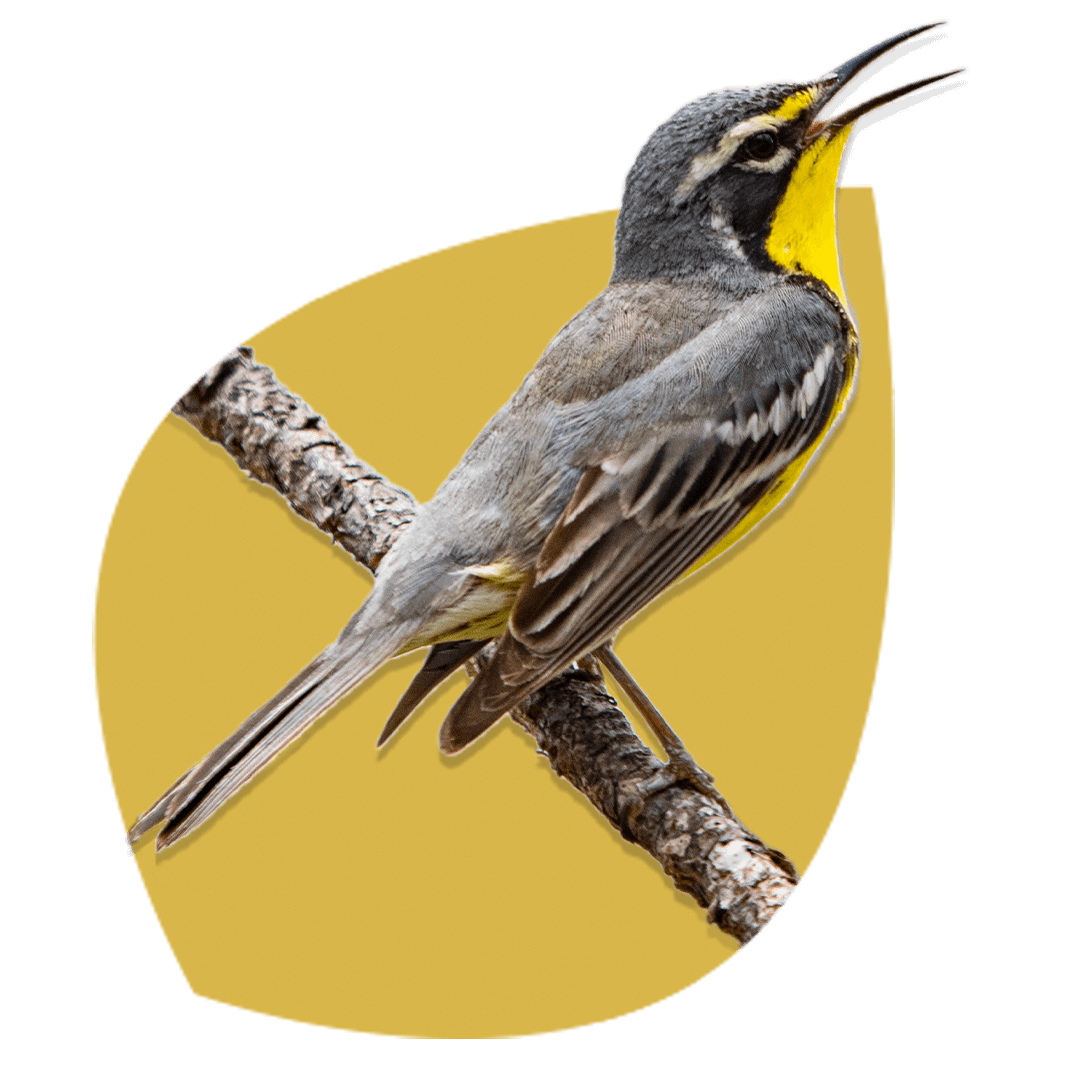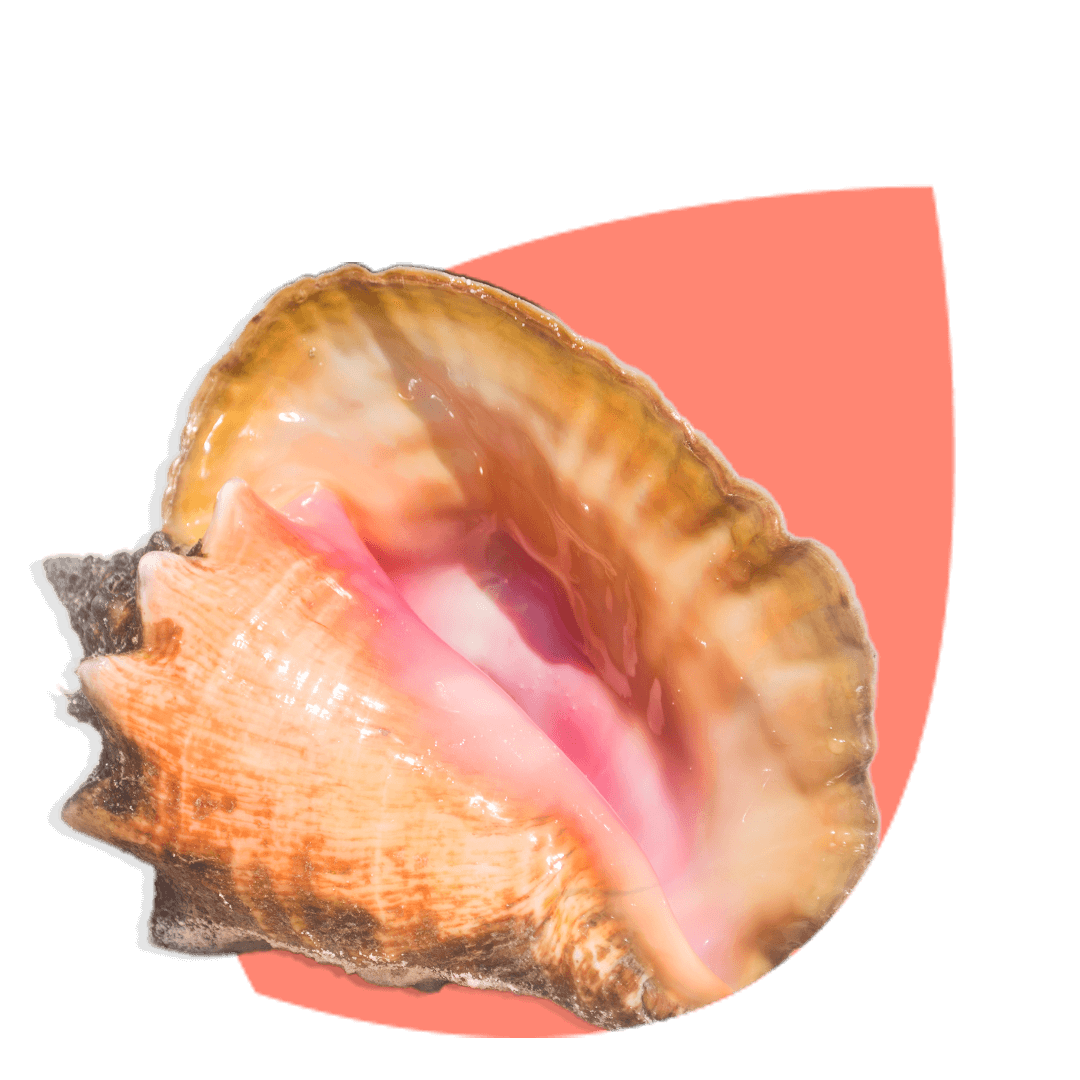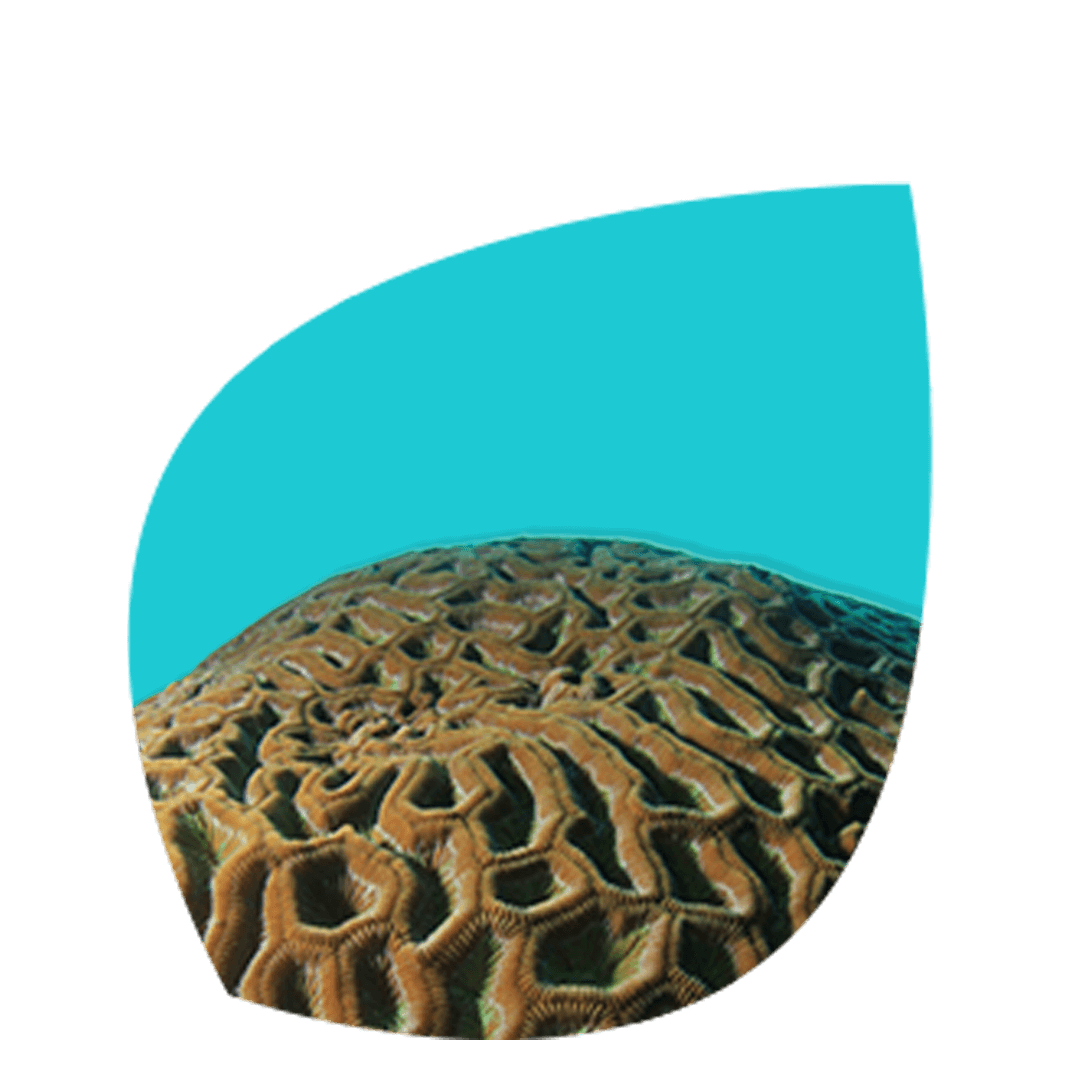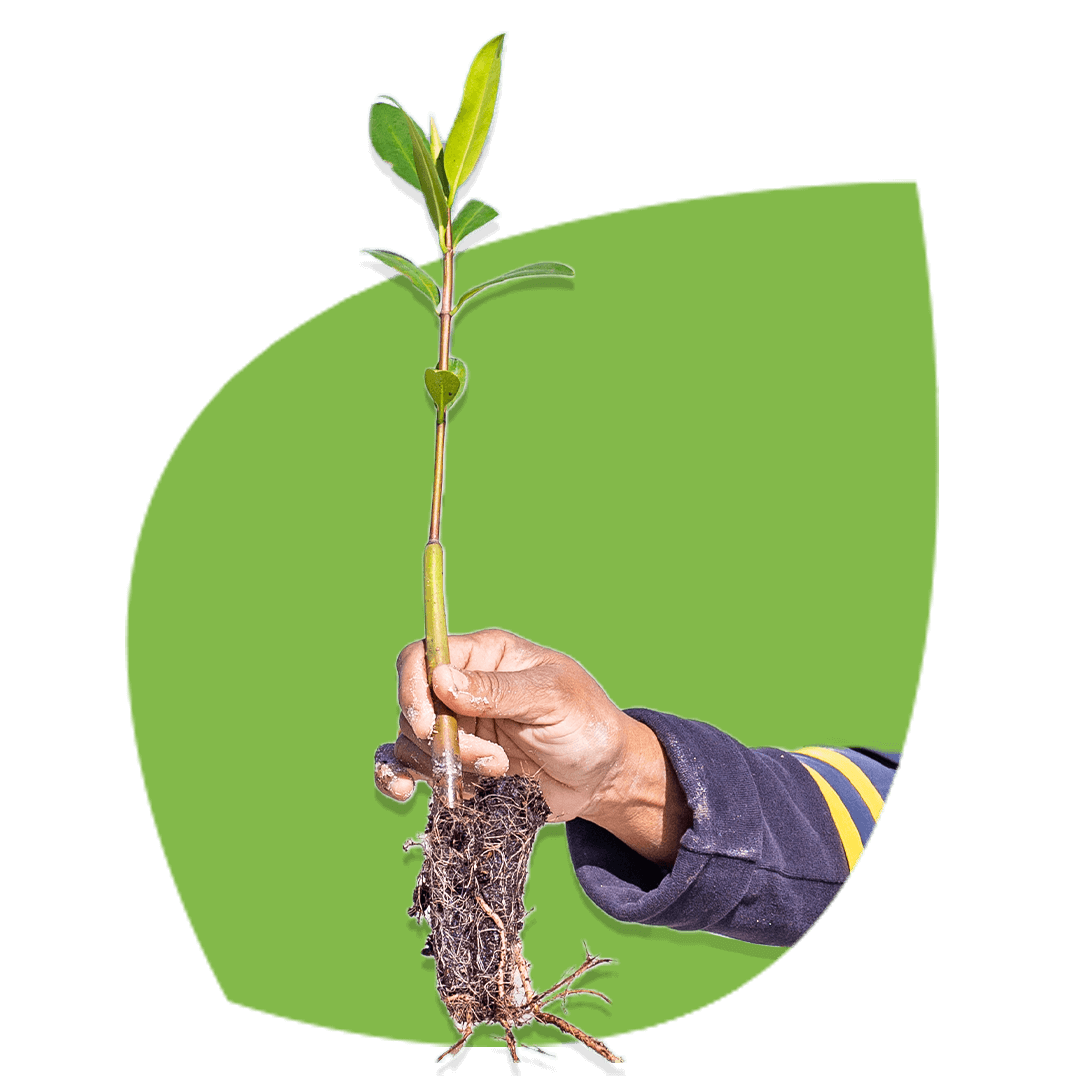World Wildlife Day 2022
Recovering Key Species for Ecosystem Restoration
Preserve Our Bahamas for Now & Tomorrow
World Wildlife Day celebrates the world’s flora and fauna, and this year’s theme is encouraging us to focus on critically endangered species to generate the awareness, help, and support we need to save them.
The Bahamas is home to many beautiful and diverse species – ones that play a significant role in our culture, economy, and history. And this World Wildlife Day, we’re highlighting some of the key Bahamian species and ecosystems that are endangered or threatened and that we’re working to protect. We hope you’ll learn a little something and be inspired to help us in this battle – a battle to preserve some of the most iconic species in The Bahamas for now and tomorrow.
Donate Now
support our ongoing projects to save and protect our unique Bahamian species!
Donation – Set Your Amount
Other Ways to Give
Local Residents

Donate By Phone
Questions? Concerns?
Contact us at:
+1 242 393 1317

Donate By Cheque
Please make payable to
“Bahamas National Trust”,
and send your cheque to:
Finance
Bahamas National Trust
P.O. Box N-4105
Nassau, Bahamas
International Donors

Tax Deductible Donations
Cheques may be made payable to to our 501(c)3
Bahamas National Trust Fund Inc. (Federal Tax ID#37-1697045) at the address below:
Bahamas National Trust Fund Inc.
6401 Lyons Road
Coconut Creek
FL 33073-3602 USA
Toll Free: 1-866-978-4838



